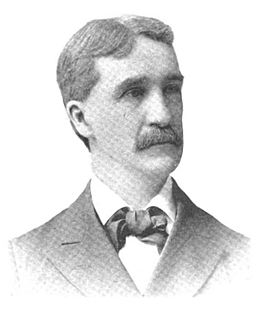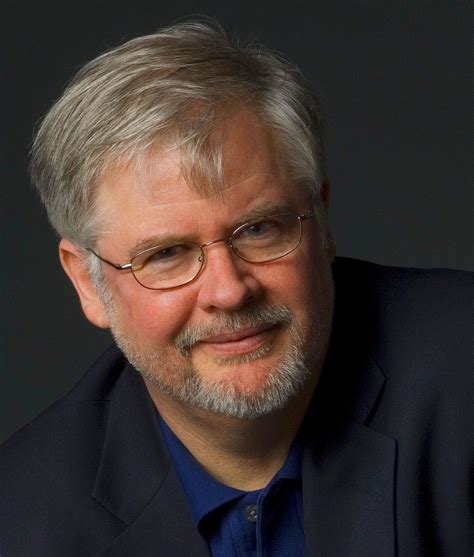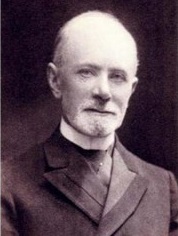A Quote by Annie Besant
Never yet has a God been defined in terms which were not palpably self-contradictory and absurd; never yet has a God been described so that a concept of Him was made possible to human thought.
Related Quotes
Through Plato, Aristotle came to believe in God; but Plato never attempted to prove His reality. Aristotle had to do so. Plato contemplated Him; Aristotle produced arguments to demonstrate Him. Plato never defined Him; but Aristotle thought God through logically, and concluded with entire satisfaction to himself that He was the Unmoved Mover.
A God who kept tinkering with the universe was absurd; a God who interfered with human freedom and creativity was a tyrant. If God is seen as a self in a world of his own, an ego that relates to a thought, a cause separate from its effect, he becomes a being, not Being itself. An omnipotent, all?knowing tyrant is not so different from earthly dictators who make everything and everybody mere cogs in the machine which they controlled. An atheism that rejects such a God is amply justified.
The position of the Atheist is a clear and reasonable one. I know nothing about ‘God’ and therefore I do not believe in Him or in it; what you tell me about your God is self?contradictory, and therefore incredible. I do not deny ‘God,’ which is an unknown tongue to me; I do deny your God, who is an impossibility. I am without God.
There is that in the soul of man which must respond to the highest in virtue. It may not respond at once. Human nature can easily be over-faced by examples too remote and austere. Moreover, human nature can easily deny God because the whole race has long been in rebellion against Him. Yet there is that in human nature which calls out to the supreme examples of virtue: owns, as it were, the intention of God who made it, and feels the unmistakable homesickness of the soul.
Rather than accepting that we are the loving beings that He created, we have arrogantly thought that we could create ourselves, and then create God. Because we are angry and judgmental, we have projected those characteristics onto Him. We have made up a God in our image. But God remains who He is and always has been: the energy, the thought of unconditional love.
The concept of God in America is very different than it is in England. Because we see the horrendous outcome of religion as being an American thing, in which the name of God has been hijacked by a gang of psychopaths and bullies and homophobes, and the name of God has been used for their own twisted agendas.
It has often been argued that absolute scepticism is self-contradictory; but this is a mistake: and even if it were not so, it would be no argument against the absolute sceptic, inasmuch as he does not admit that no contradictory propositions are true. Indeed, it would be impossible to move such a man, for his scepticism consists in considering every argument and never deciding upon its validity; he would, therefore, act in this way in reference to the arguments brought against him.
Obeying the Spirit instead of your own self-centered whims will lead you to places you've never been, challenge you in ways you have never been challenged, and invite levels of sacrifice you never dreamed you could make. This is the power and the promise of full-throttle faith, of living a life fueled solely by God.







































